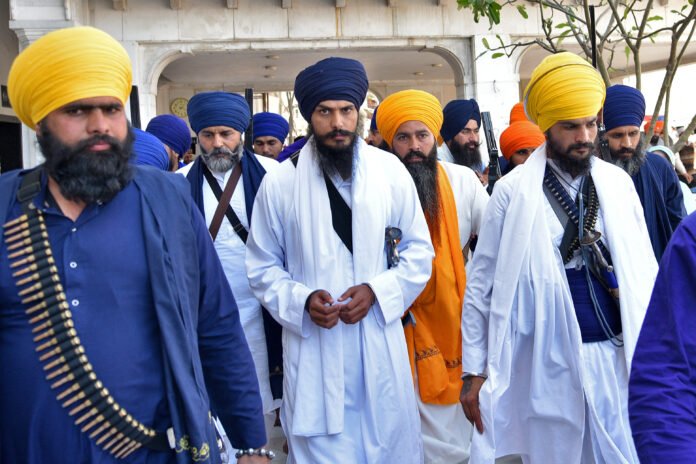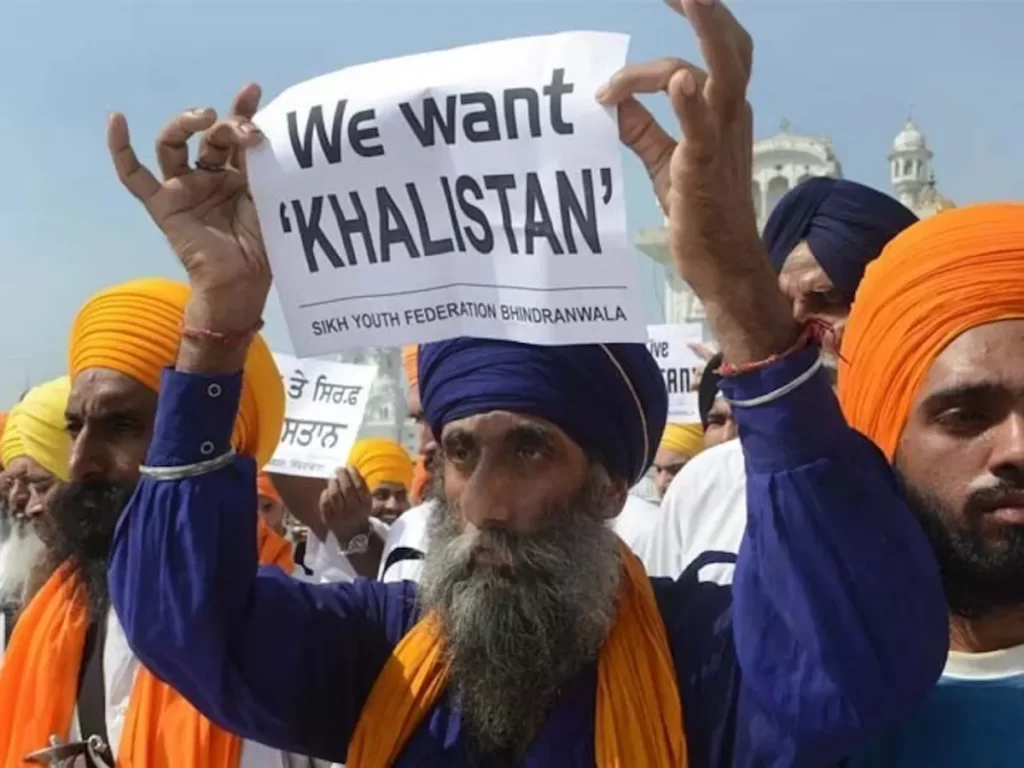
Sikh advocacy groups in Canada are actively seeking a role in the country’s foreign interference inquiry. This move signals a desire to address concerns and ensure the inclusion of diverse perspectives in the ongoing investigation.
The inquiry, initiated by the Canadian government to examine allegations of foreign interference in the country’s domestic affairs, has drawn attention from various communities, including Sikh advocacy groups. These organizations, representing the Sikh diaspora in Canada, aim to contribute their insights and experiences to the inquiry process.
Sikh advocacy leaders emphasize the importance of inclusivity and the need to avoid overlooking the nuances of their community’s involvement in the broader geopolitical landscape. They argue that a comprehensive understanding of the Sikh perspective is crucial for the inquiry to yield accurate and unbiased results.
The inquiry itself is a response to growing concerns about foreign interference in Canada’s political processes. The government aims to identify and mitigate potential threats, safeguarding the integrity of its democratic institutions. By actively seeking a role in this process, Sikh advocacy groups express their commitment to supporting the inquiry’s objectives while ensuring that the Sikh community’s voice is heard and understood.
At the heart of the matter is the concern that Sikh communities might be unfairly targeted or implicated in foreign interference allegations. The Sikh diaspora, with a significant presence in Canada, has a rich cultural and historical background that is intricately woven into the fabric of the nation. Advocacy groups stress the need for a nuanced examination of any potential foreign influence to avoid perpetuating stereotypes or biases against the Sikh community.
Sikh leaders argue that their community has often been subject to misrepresentation in global narratives, particularly in the context of political developments in their countries of origin. By actively participating in the inquiry, they aim to provide context and insights that can help dispel misunderstandings and ensure a fair and accurate assessment of the situation.
The call for inclusion in the foreign interference inquiry is also rooted in the broader principles of multiculturalism and diversity that Canada upholds. Sikh advocacy groups assert that their participation will contribute to a more holistic understanding of the complex dynamics at play, fostering a sense of unity and collaboration in addressing potential threats.
It is important to note that Sikh advocacy groups do not see their involvement as a hindrance to the inquiry but rather as an opportunity to enhance its effectiveness. By incorporating diverse perspectives, the inquiry can benefit from a more comprehensive and informed assessment of the situation, ultimately leading to more effective policy responses.
The Canadian government has yet to formally respond to the request from Sikh advocacy groups. However, their proactive stance has sparked discussions about the broader implications of foreign interference inquiries and the necessity of engaging with various communities to ensure a thorough and unbiased examination.
The active involvement of Sikh advocacy groups in Canada’s foreign interference inquiry reflects their commitment to fostering transparency and dispelling any potential biases. The Sikh diaspora, with a long history in Canada, has contributed significantly to the nation’s cultural and economic tapestry. By seeking a role in the inquiry, these groups aim not only to protect their community from unwarranted suspicions but also to strengthen the broader principles of inclusivity and cultural understanding.

At the core of the matter is the recognition that foreign interference allegations can have far-reaching consequences, impacting the reputation and integration of entire communities. Sikh leaders stress the importance of a fair and unbiased investigation that considers the unique historical and cultural context of their community. This proactive engagement by Sikh advocacy groups is an opportunity to bridge any gaps in understanding and facilitate constructive dialogue between the community and the Canadian government.
Furthermore, the advocacy groups are keen on educating the broader public about Sikh values, traditions, and the positive contributions their community makes to Canadian society. This proactive outreach aims to dispel any misconceptions and create an atmosphere of mutual understanding and respect.

The involvement of Sikh advocacy groups in the foreign interference inquiry also raises broader questions about the representation of diverse voices in governmental processes. It prompts a critical examination of how inclusive these inquiries are and whether they adequately consider the perspectives of various communities affected by geopolitical issues. This case sets a precedent for the active engagement of ethnic and cultural groups in the shaping of policies that directly impact them, fostering a sense of collaboration and shared responsibility in safeguarding the nation’s democratic institutions.
As the Canadian government evaluates the request from Sikh advocacy groups, the outcome may have implications beyond this specific inquiry. It could influence the approach to similar investigations globally, prompting governments to consider the importance of inclusive participation and cultural sensitivity in addressing complex geopolitical challenges.
